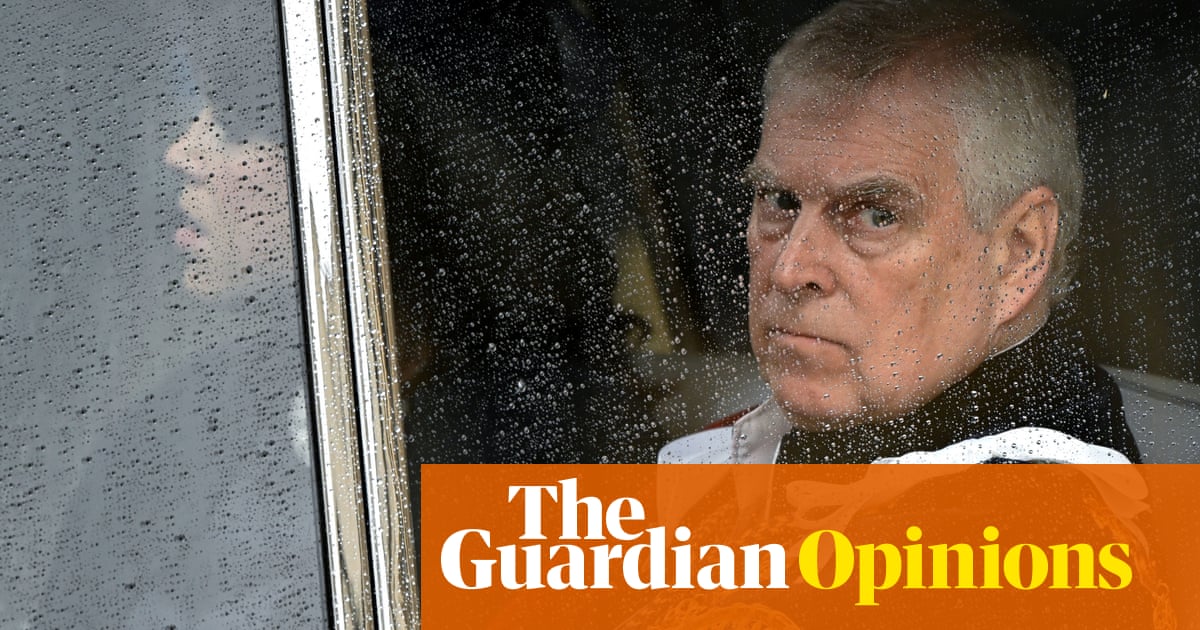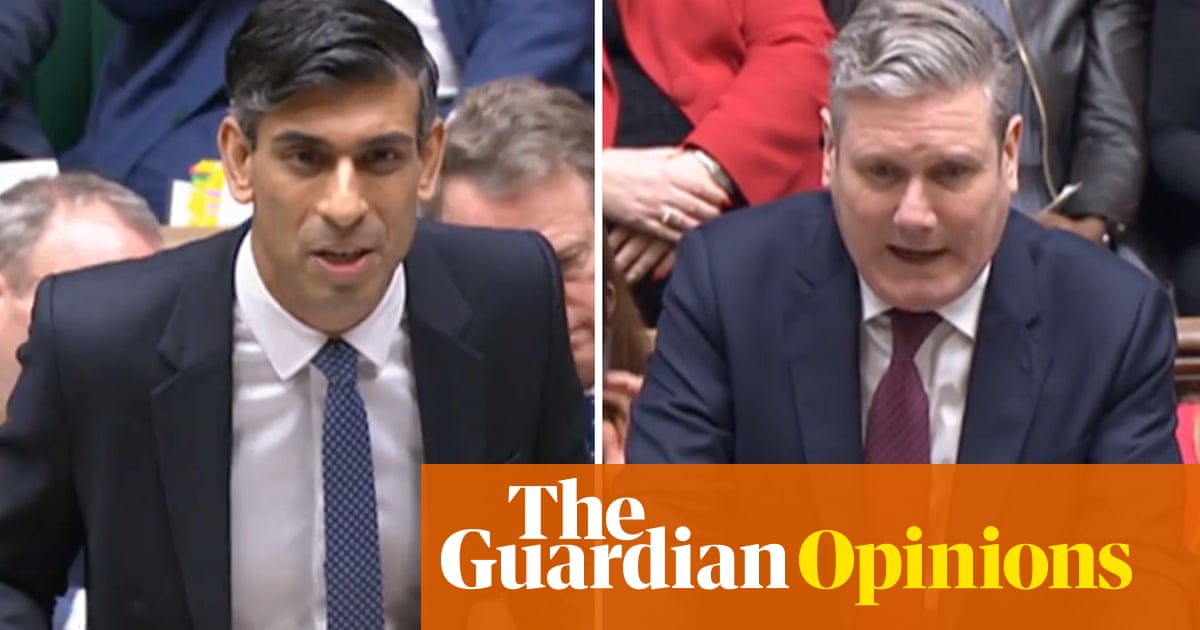
ere’s a secret about modern Britain. For all the thousands of words spouted by pundits and the endless melodrama of Westminster, how we live is governed by a remarkably small set of rules from which the country rarely diverges. We might call it political Groundhog Day, where the same old, broken ideas are accepted as gospel by politicians and the public is forced to relive the fallout over and over again.
Take the most basic job for any government: whether the average citizen can make ends meet. A record 2.5m food parcels have been given out by the Trussell Trust during the last year, as one in eight workers languish in poverty. An entire generation of young people have almost no chance of affording a secure home, while deprived infants are left to die in mouldy and crumbling homes. We are told this is just how a modern economy works, as if this state of affairs is entirely normal in one of the richest nations on Earth.
Or look at care for older and disabled people. It is almost two years since Boris Johnson stood outside Downing Street and promised he had a “clear plan” for fixing the social care system. And yet we are no closer to any semblance of one. Indeed, last week’s Queen’s speech gave the issue the grand sum of nine words. An estimated 1.5 million people are suffering without sufficient care, and our leaders appear in no rush to ease their situation. Forget a Beveridge-style NHS innovation – ministers can’t muster a plan to help disabled people to the toilet.
If the post-1945 era offered the hope of transformative politics, the last few decades have offered stagnation and pessimism. This is the era in which everything happens and nothing happens, in which seismic events – be it Brexit or the pandemic – take place at a relentless rate but society has rarely felt more stuck. We have a government overseeing calamities of growing poverty and crumbling public services but which is more interested in manufacturing culture wars, and an opposition with neither the imagination nor the will to offer an alternative. Or to put it another way: the biggest problem facing Britain today isn’t so much the crises themselves but that the political class appears to have no real solutions to them.
A new report by the Resolution Foundation thinktank and the London School of Economics warns that the next decade is going to be crucial as the country faces multiple challenges – from demographic changes and Brexit to the aftermath of Covid. Without change, it warns, the British economy could resemble Italy’s soon, with similarly plummeting living standards.
It doesn’t have to be this way. Away from Westminster, others are thinking big. A growing number of local authorities are trialling universal basic income (UBI) in their area, and the Welsh government has just launched a groundbreaking pilot scheme. Go to Norwich, and you’ll see new social homes, rented from the council on secure tenancies, which are also the most energy-efficient housing ever built in the UK. Or visit Preston city council, which runs the “real wage initiative” and works to increase the number of employers in the city paying staff a fair income.
The received wisdom is that such ideals are not “electable” – that word that acts as a gatekeeper to any change that could actually make ordinary people’s lives better. But this month’s local elections show many voters are keen for fresh ideas. Where Labour did well – Wales, Greater Manchester, the Liverpool city region – they had promoted a positive and bold vision, just as politicians across the board who backed UBI pilots in their areas enjoyed election success. It is not a coincidence that the 2017 Labour party manifesto that was greeted with genuine excitement by the electorate was the only one in decades to offer real economic change.
Similarly, many voters want a solution to social care and are miles ahead of most politicians in their willingness to get it; polls have long shown that health and care are priorities for the public, and that they are increasingly willing to pay more tax for them. Scotland already has free personal care for those who are assessed as in need, proof that social care that is free at the point of use is not a pipe dream.
It is a reflection of the hold certain ideals have in Britain that a system leading to mass insecurity and hardship is presented as “prudent” and “electable” whereas policies that dare to offer security and wellbeing are dismissed as “unelectable” and “radical”. It is not radical to want to treat all human beings decently, nor is it unelectable to try to build a society in the interests of the majority. That would be to admit that much more is wrong with this country than the dominant narrative suggests – and that there is an alternative way of organising it.
It would be all too easy for the left to respond to relentless Conservative gains with reticence or “safe” moves to the right. But the real danger lies in cautious acceptance of the status quo. If the last year has taught us anything, it is that outside events are unafraid to interrupt life as we know it. Nothing stays the same forever, even if it feels as if it does. Nothing is insurmountable, even if those with power wish you to think it is. There is perhaps no braver political act than to believe things can get better. That’s the other secret about modern Britain. How things are is not how they have to be.
Frances Ryan is a Guardian columnist and author of Crippled: Austerity and the Demonisation of Disabled People
This article was amended on 18 May 2021 to change an NHS-related mention of Beverage, to Beveridge.












